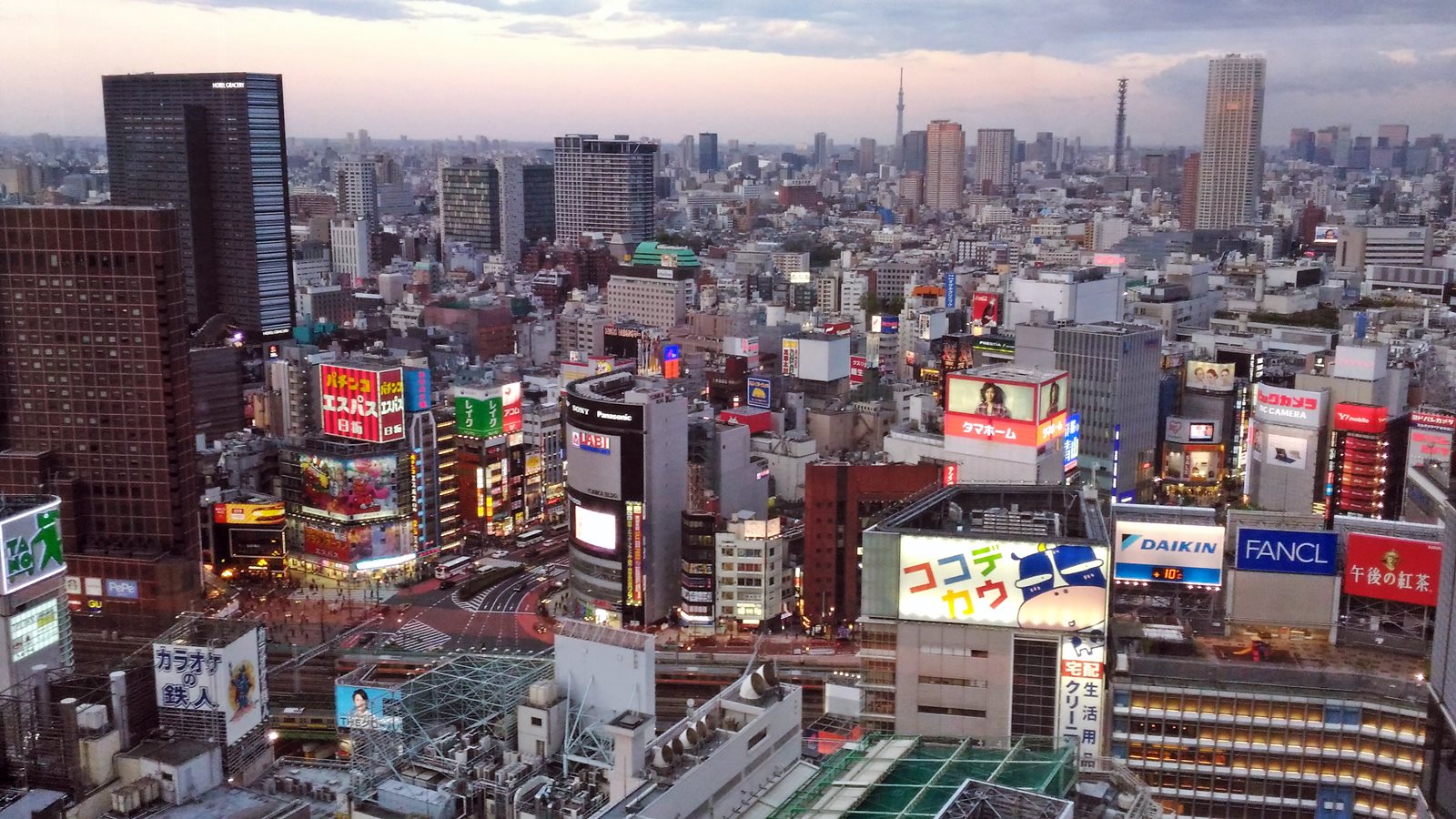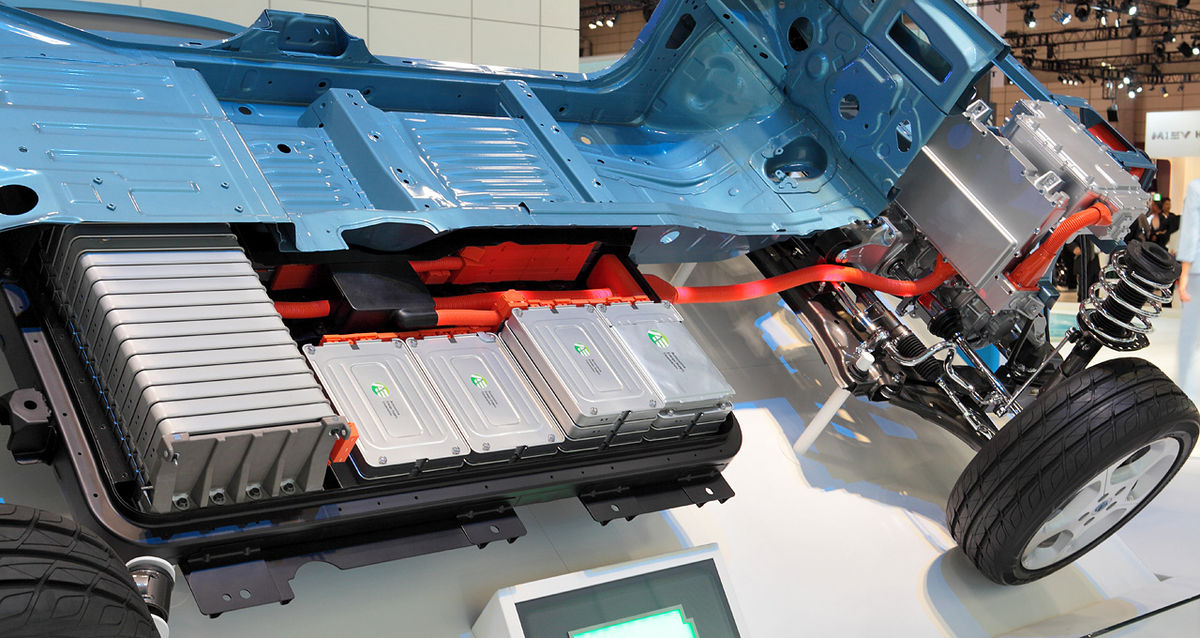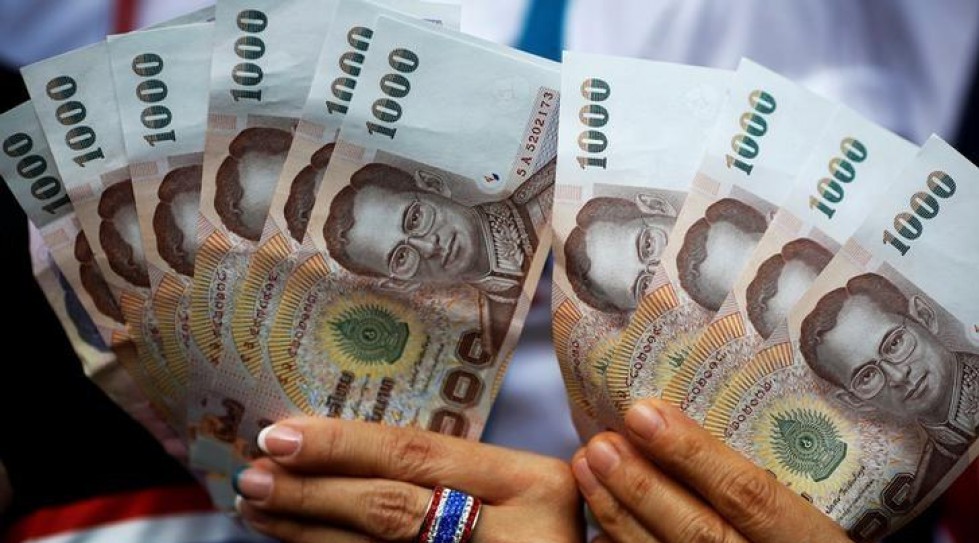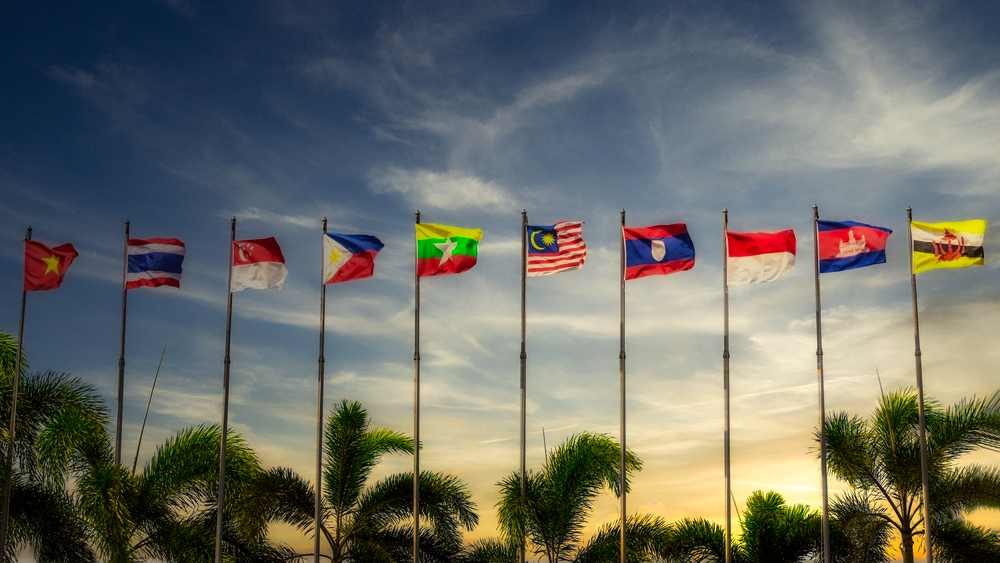According to data from greenfield investment monitor fDi Markets, Asia-Pacific accounted for more than 30% of global FDI between 2012 and 2016, more than any other region.
Home to behemoth economies including Singapore, China and India, Asia-Pacific provides a wealth of opportunity and is a target market for many investors.
Singapore takes fDi’s crown once again as Asia-Pacific City of the Future, with Tokyo retaining its second place and Hong Kong rising to third. Cathy Mullan breaks down the results.
In the latest biennial study of cities in the region,Singapore has ranked first for the second consecutive time. The city-state attracted the highest number of FDI projects in the Asia-Pacific region in the five years to 2016, contributing to its first place ranking for Economic Potential.
Singapore boasts an advanced economy and is renowned for its well-developed service industries. It has a high GDP per capita of more than $87,000 at purchasing power parity and a relatively low unemployment rate of 2.1%.
At their service
Singapore’s top three investment sectors were service based – 26% in software and IT services, 18% in business services and 9% in financial services.
In January 2016, US technology giant Google established an engineering hub in the city to develop software for the Google Android operating system, creating 1000 jobs and spending an estimated $1.1bn on the investment.
Sources at the company stated that Singapore was a “very good place for talent” and its business-friendly policies made the city-state an attractive place to invest.
Singapore also ranked first in the Business Friendliness category of fDi’s ranking. Companies need only two-and-a-half days to establish an operation in the city, which boasts the best credit rating and lowest country risk score of all Asia-Pacific cities. Singapore performed well on a range of economic indices, including the Index of Economic Freedom, Strength of Investor Protection Index and Corruption Perception Index.
Japanese capital Tokyo has retained second place in the ranking, also placing second in the Connectivity and Business Friendliness categories, and third in the Human Capital and Lifestyle category. Japan scores highly on the International Telecommunication Union’s ICT Development Index, and has the highest proportion of people using the internet of all Asian countries.
Job creation in Tokyo’s communications and software sectors is on the rise, following major investments from India-based Tata Group, which created an estimated 400 jobs in its shared services centre to provide IT infrastructure services, and US-based software company Symantec, which created more than 300 jobs in an expansion of its Tokyo security operations centre. US-based Cisco, which opened an innovation centre in the city, creating over 200 jobs, credited its investment decision to Tokyo’s position as a global technology leader.
Hong Kong’s rise
Hong Kong rose from fifth place to third in this year’s ranking, topping the Connectivity category. Investors from over the globe can reach the city easily with more than 150 international destinations accessible from the international airport.
Hong Kong performs well on such indices as Logistics Performance Index and the Networked Readiness Index, testament to the city-state’s well-developed transport and ICT infrastructure.
Shanghai tanked filth, highest ranking Chinese city
China’s most populous city, Shanghai, ranked fifth place and was the highest ranking Chinese city. Home to more than 24 million people, Shanghai is the country’s leading city for FDI attraction, and Asia-Pacific’s second biggest FDI destination after Singapore. More than 1100 FDI projects were announced in the megacity between 2012 and 2016, across a range of sectors. The city’s top five investment sectors span services, heavy industry and hi-tech industries, displaying a diversified appeal for investors.
Apac cities charts
Shanghai was the second largest recipient of R&D FDI, after Singapore. The city recorded 152 R&D
More from this report
Download a PDF of this report here:
fDi Asia-Pacific Cities of the Future 2017:18 311.06 kB
About the author
Thailand Business News covers the latest economic, market, investment, real-estate and financial news from Thailand and Asean. It also features topics such as tourism, stocks, banking, aviation, property, and more.









